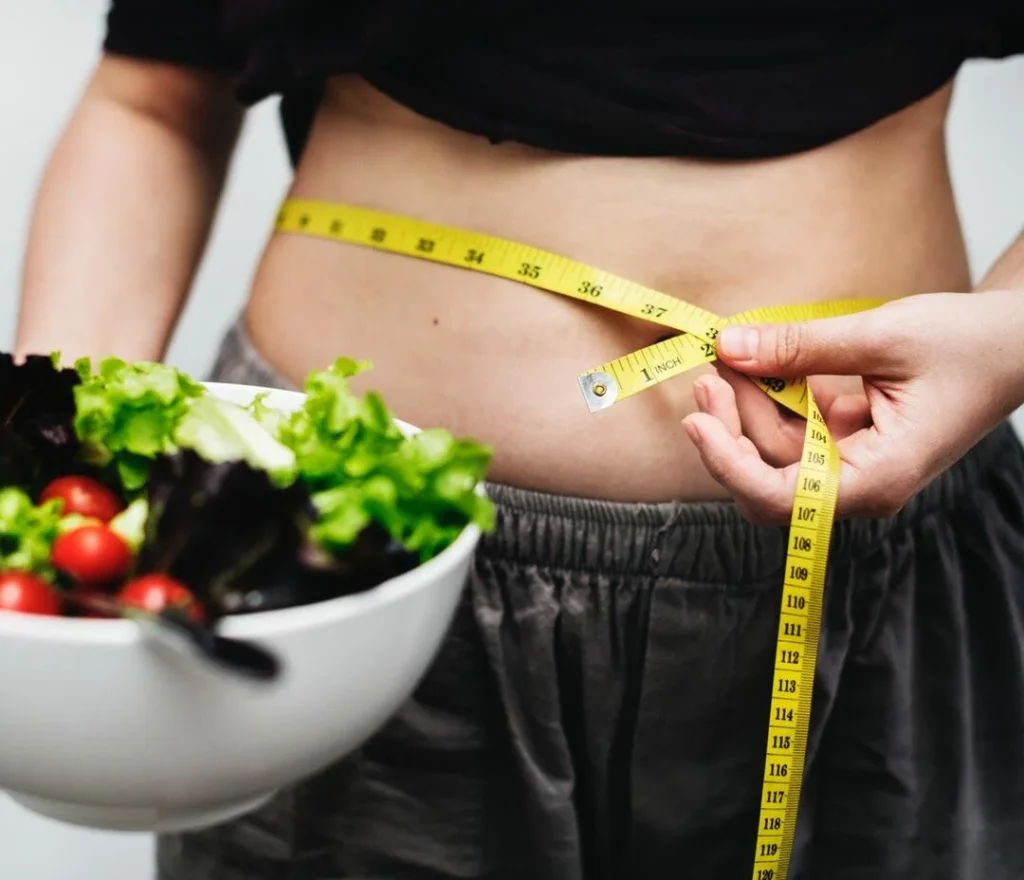In a health-conscious world, many people are looking for ways to eat better and live healthier lives. One effective method that’s gaining popularity is the sustainable organic diet. This approach not only helps with weight loss but also promotes overall well-being and supports the environment.
In this blog post, we’ll explore how to create a sustainable organic diet plan for weight loss. Read on.
Planning Your Sustainable Organic Diet
Creating a sustainable organic diet plan doesn’t have to be complicated. Start by focusing on whole, unprocessed foods. Aim to fill your plate with a variety of colorful fruits and vegetables, whole grains, and lean proteins.
These foods are naturally low in calories and high in nutrients, making them perfect for weight loss. Remember to choose organic options whenever possible to ensure you’re getting the best quality.
Incorporating Seasonal and Local Produce
One of the best ways to maintain a sustainable organic diet is to incorporate seasonal and local produce into your meals. Not only does this support local farmers, but it also ensures that you’re eating foods at their peak freshness and nutritional value. Visit your local farmers’ market or join a community-supported agriculture (CSA) program to access a variety of delicious, organic produce throughout the year.
Balancing Macronutrients for Weight Loss
To create a balanced organic diet plan, it’s essential to pay attention to macronutrients – carbohydrates, proteins, and fats. Ensure that each meal includes a mix of these nutrients to keep your energy levels stable and support your weight loss goals.
For example, pair a serving of whole grains (like quinoa or brown rice) with lean protein (such as organic chicken or tofu) and healthy fats (like avocados or nuts) for a satisfying and nutritious meal. Make sure to consult an expert on organic foods for weight loss to get the best food, such as organic pork.
Smart Snacking with Organic Foods
When it comes to snacking, choose organic options that are low in calories but high in nutrients. Fresh fruits, vegetables, nuts, and seeds make excellent choices between meals.
These snacks can help curb your hunger and prevent overeating at mealtimes. Be sure to portion your snacks to avoid consuming too many calories.
Hydration and Weight Loss
Staying hydrated is crucial for any weight loss plan. Drinking water not only helps keep your body functioning properly but can also aid in appetite control.
Aim to drink at least eight cups of water daily, and consider incorporating organic herbal teas for added flavor and health benefits. Avoid sugary drinks, as they can add unnecessary calories to your diet.
Meal Prepping for Success
Meal prepping is an effective strategy for sticking to your organic diet plan. Set aside time each week to plan, shop, and prepare your meals.
This will help you avoid the temptation of unhealthy convenience foods and ensure you always have nutritious options on hand. Invest in reusable containers to store your prepped meals and reduce waste.
Try Out the Organic Diet Plan Today
Creating a sustainable organic diet plan for weight loss is a powerful way to improve your health and support the environment. By following this guide, you can achieve your weight loss goals while enjoying delicious, nutritious meals. If you’re ready to start your organic weight loss journey, take action today and begin reaping the benefits of clean, green eating.
If you want to read more articles, visit our blog.






